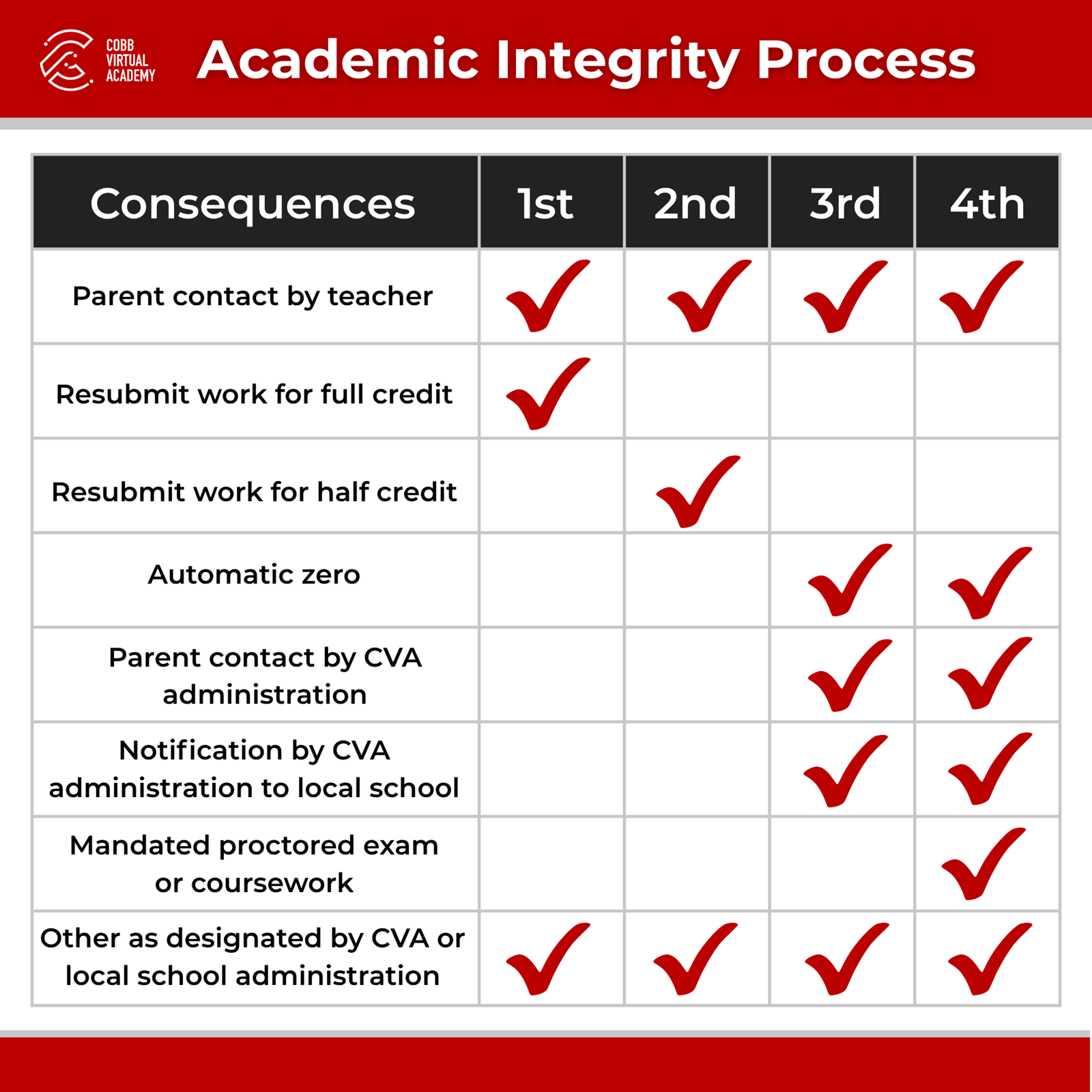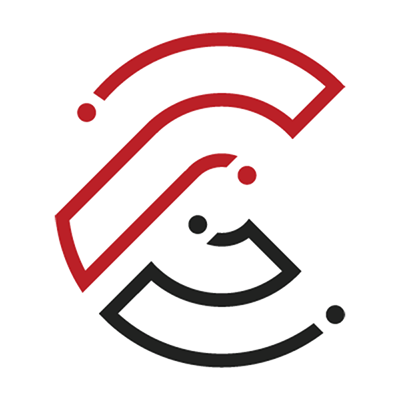Academic Integrity
Academic integrity is the cornerstone of learning at CVA, and we take the integrity and authenticity of student work very seriously. When academic integrity is maintained, students will make decisions based on values that will prepare them to be productive, meaningful, and ethical citizens.
What is academic integrity? Academic integrity means that all work submitted is created by the student and is original work. The School for Ethical Education* defines academic integrity as honest academic work where:
- All ideas and writings of others must be appropriately cited. Content generated by artificial intelligence tools must also be cited; however, copying and pasting AI-generated material directly into your work is prohibited, regardless of citation, unless specifically required.
- Students submit their own work for tests and assignments without unauthorized assistance; and
- Students do not provide unauthorized assistance to others; and
- Students report their research or accomplishments accurately (for example, honestly listing accomplishments on a resume).
Simply stated, students should not copy or plagiarize internet content or the work of others, or share their work with others. This includes submitting content generated through artificial intelligence as their work.
Additionally, it is a violation of academic integrity to sell or share course material to another person or sell or upload course material to a third-party vendor (Course Hero, etc.) without express written permission from both the program and the teacher.
*The School for Ethical Education is a non-profit organization founded in 1995 to support ethical behavior in all human interactions. (www.ethicsed.org)
What are the consequences for failing to maintain academic integrity in a CVA class? A variety of consequences will be administered if students fail to maintain academic integrity in their course. The following table outlines these consequences, which are cumulative across courses per term.

At the discretion of the CVA Administration, academic integrity violations not specifically defined here or violations involving multiple assignments or courses may have additional and accelerated consequences.
Additional Academic Integrity Considerations:
- All Cobb Virtual Academy students are required to take their EOC tests in a face-to-face setting with a proctor.
- The performance on the final exam should closely match the work on assignments and other quizzes and tests.
- Cobb Virtual Academy teachers may require students to perform additional tasks or assessments in proctored situations.

